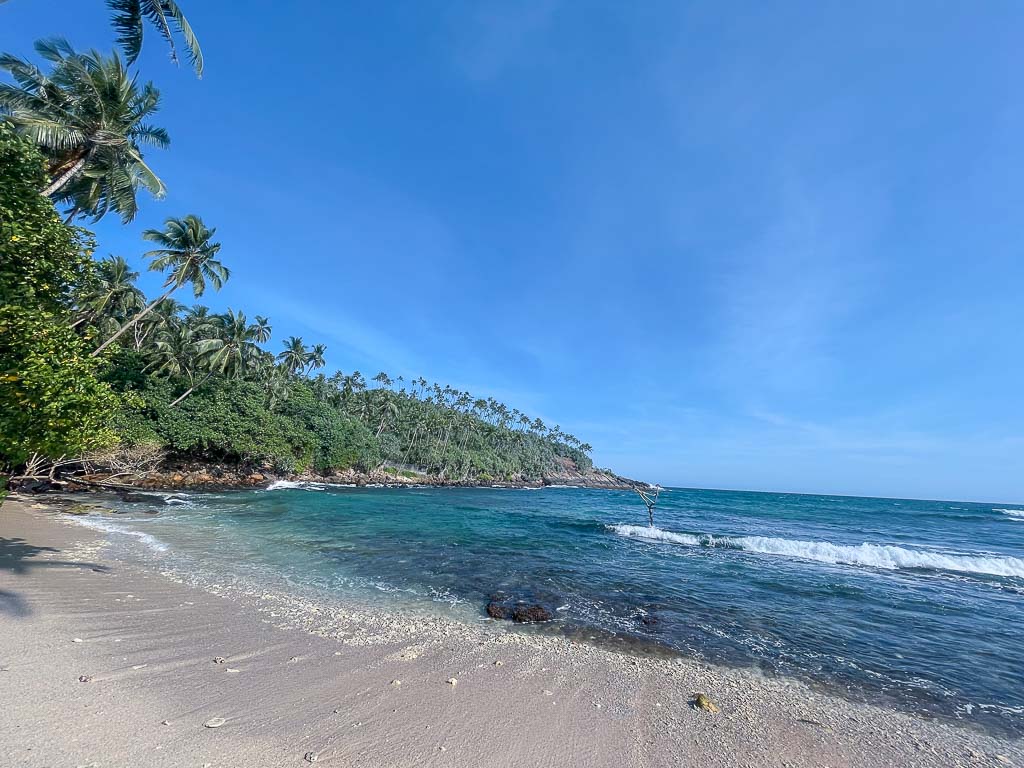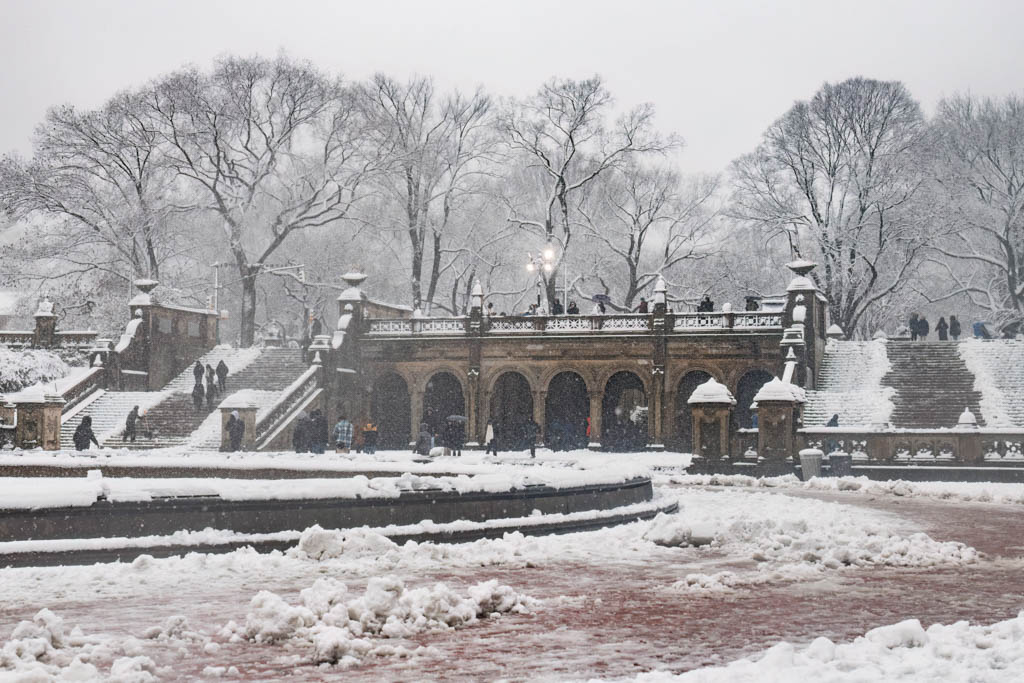
A quick weekend gateway can allow you to avoid and take a break from everyday mundane of a work life. The best part of it is it does not require a lump some budget to get done. If you play your cards right, research from before and plan early enough, you may end up going on a fabulous and fairly cheap weekend trip. Here, I have noted 10 quick pointers on planning an enjoyable weekend trip that wont break the bank.
1. Set a Clear Budget
Firstly, decide how much your budget permits you to spend. Include all of the main costs such as transport, accommodation, food and activities. Budget for realistic spending, and include some extra cash for unforeseen events. With a clear budget, it keeps you from spending way too much and gives you the headspace to actually enjoy your trip without worrying about money.

2. Choose a Nearby Destination
Choose a location near your residence. Less travel times = lower transportation costs + more time to enjoy. Identify locations that are two to three hours away. Think nearby towns, state parks or local beaches. You’ll be surprised at how many hidden gems are just a short trip away. By staying close to home, you don’t need to win the lottery to enjoy a magical weekend. We booked a 3 days trip to New Orleans like that during a Thanksgiving, previous year and had a fabulous time with friends and family!
3. Travel During the Off-Season
Traveling during the off season saves you a lot of money. Many hotels and attractions will be way cheaper in the less visited months also. You would also miss most of the crowd and this usually leads to not just a more relaxing experience but also, one that is a lot more fun. If planning for the off-season is not an option, perhaps go during mid-week or at off-peak times? This simple change will save a lot on your budget.

4. Be Smart About Transportation
Transportation costs can add up quickly, but you do have options for cost savings. If you are driving, organise most of the friends comfortable to share a car and divide gas prices between them. Book bus or train tickets in advance to benefit from discounts. If taking a flight, search for low-cost carriers or last-minute offers. While you are there, walk, ride a bike or take public transport. Not only do you save cash with this option, but also experience a bit more of the local environment.
5. Look for Affordable Accommodation
Although accommodation is somewhat expensive, there are many cheap options. Look into taking vacation rentals, hostels, and even camping instead of hotels. Quite a few platforms have budget friendly deals, especially if one makes their reservation early in advance. Sharing the cost of a rental is also money saver, if you’re travelling with friends or family. If someone you know lives nearby where you are going, another great option is to stay with a friend or family member.
6. Brown-Bag Your Snacks and Meals
The biggest expense on a trip is often food. Pack your own snacks and simple meals to save money. Pack food that does not need to be stored in a cooler, such as fruits or granola bars and items that are easy to carry such as sandwiches. Self-cater if your accommodation has a kitchen — prepare at least some of your food instead of eating out all the time. Enjoy good food at a reasonable price.

7. Take Advantage of Free or Low-Cost Activities
There are tons of activities at many destinations that you can do for free or almost for nothing which are totally as fun (or more) than the expensive ones. Prior to arriving, conduct a little research on the area and write down what places you can visit for free. Things like parks, trails to hike, public beaches, and local festivals. There are also free entry days or discounted tickets in many museums. If you plan your activities around these opportunities, you will have a ball and not be spending any extra money.
8. Be Flexible and Open-Minded
Flexibility Is Your BFF Making A Budget Escape Try lesser known places or activities you have never done. Not all of the best experiences come from expected places. If you remain flexible it also means that you can snatch up any last-minutes bargains on accommodation or transport.

9. Limit Souvenir Spending
On every trip, it is tempting to buy one more little souvenir but they quickly become a big expense. Invest in experience which gives you memories not expensive items. Snap pictures, journal or simply gather these small tokens of experiences — postcards. This will allow you to replay your trip in mind and not incur any additional cost.
10. Plan Ahead and Follow Your Schedule
But, you know how last-minute decisions can be, they often lead to some extra bucks. Plan your trip in advance to avoid this. Keep your itinerary simple with some activities and dining that are within your budget. The longer the work takes, the higher the costs are. Follow the schedule as much as possible. Give some space for in-the-moment low-budget possibilities as well.
When is your next trip?
Planning a weekend getaway on a budget is easier than it seems. By setting a budget, choosing a nearby destination, and making smart choices about food, accommodation, and activities, you can enjoy a relaxing trip without overspending. With these 8 simple tips, your next adventure will be both affordable and unforgettable. Remember, the best getaways are about the experiences, not the price tag. Happy travels!